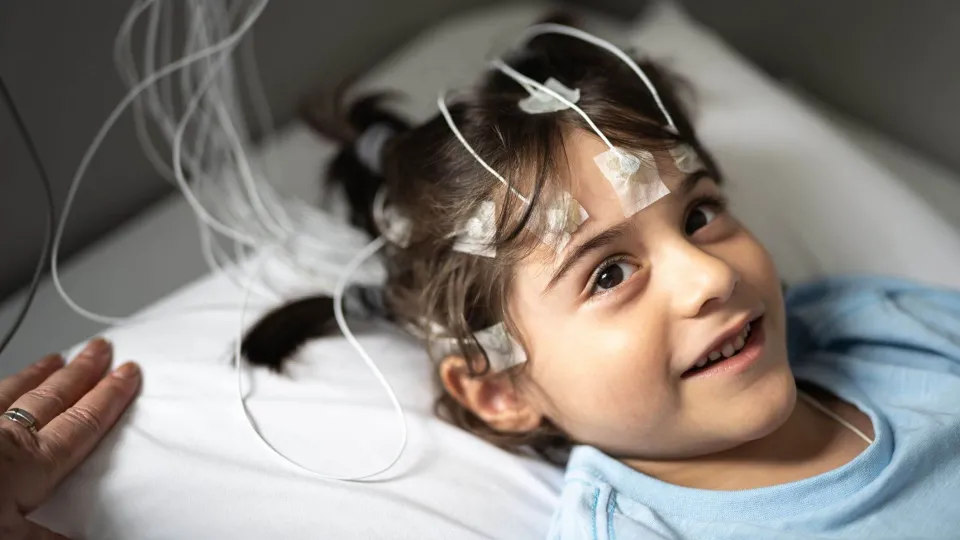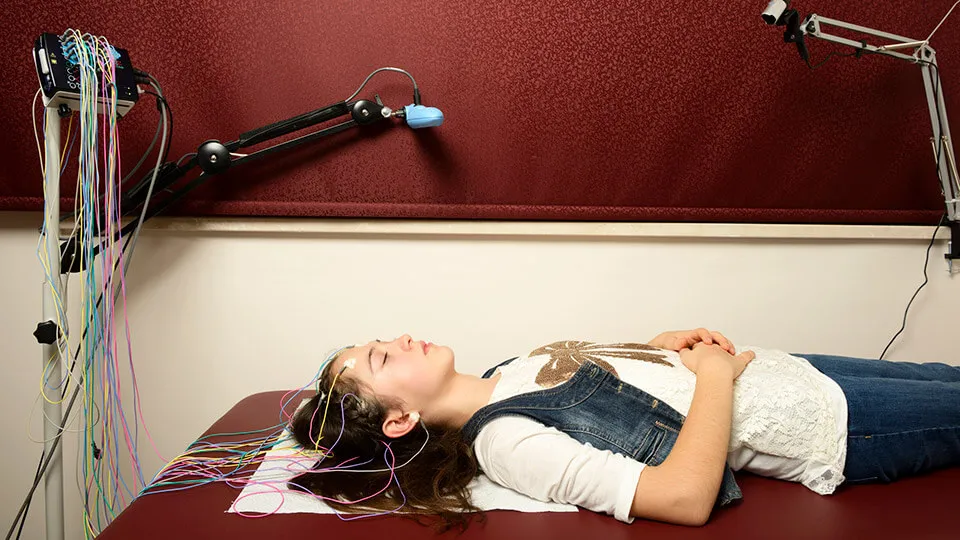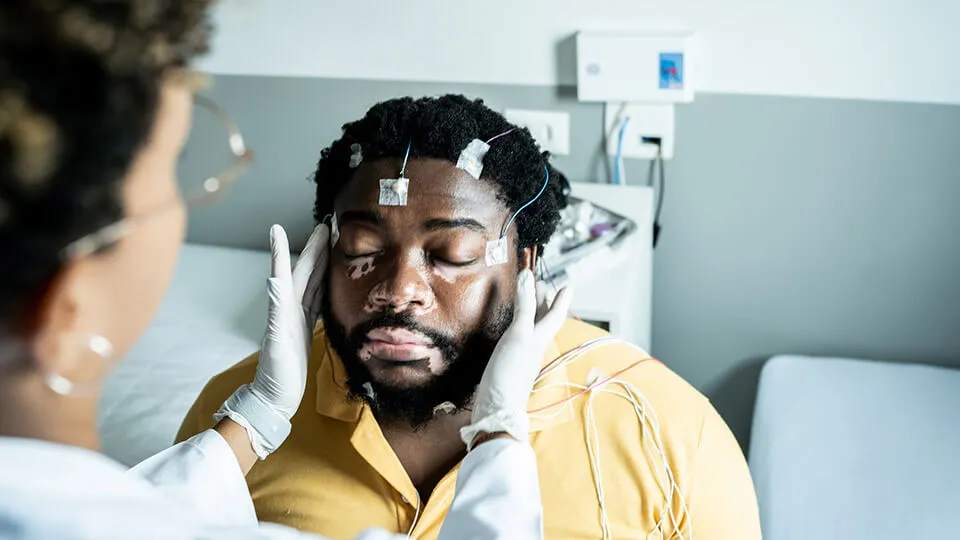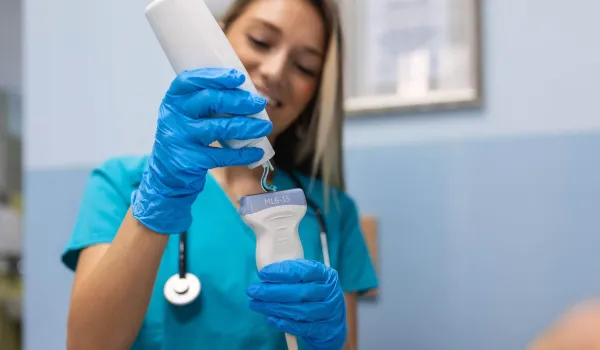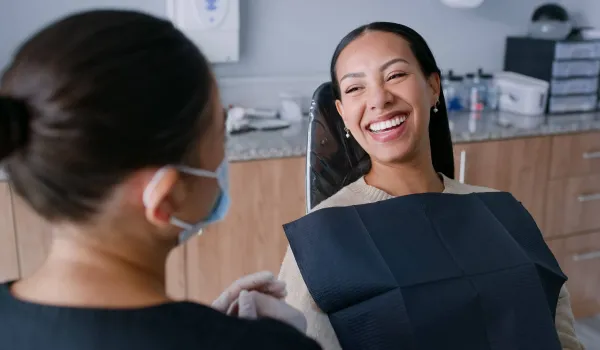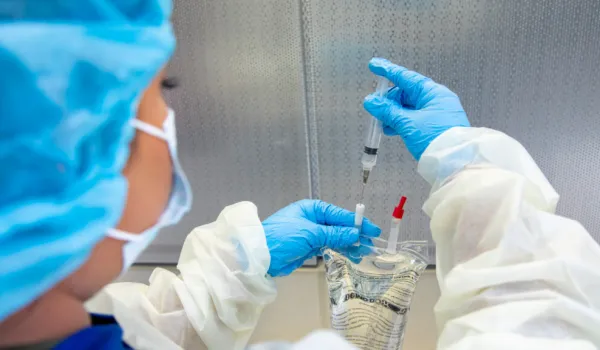
Having trouble sleeping? Wishing you felt rested after a night's sleep? Wondering why you toss and turn so much at night? These are questions that sleep medicine has been trying to answer for years. Sleep medicine is a young and rapidly evolving science.
It was only in 1953 that we really started to understand sleep physiology with the discovery of REM (rapid eye movement) sleep. The global sleep industry is enjoying a renaissance. The growing demand for sleep aids and devices have turned sleep into a $100 billion market in the US alone.
What is A Polysomnographic Technologist?
Sleep Technology, also called Polysomnographic Technology, is an allied health-care occupation that embraces a unique body of knowledge and methodological skills. Sleep or Polysomnographic technologists work as part of a team under the general supervision of a licensed physician to assist in the education, evaluation, treatment, and follow-up of sleep disorders patients of all ages.
These professionals are specially trained to perform polysomnography and other tests used by a physician to diagnose and treat sleep disorders.
What does a Polysomnographic Technologist Do?
A Polysomnographic tech collects, analyzes, and integrates patient information in order to identify and meet the patient's specific needs whether that be physical/mental limitations, current emotional/physiological status regarding the testing procedure, and/or pertinent medical/social history. Once the proper needs have been identified, the sleep tech determines final testing parameters and procedures in conjunction with the physician or clinical director and laboratory protocols.
The sleep tech is responsible for giving patients explanations of the impending sleep tests and procedures, administering the test and then providing explanations of results either to the primary physician or patient.
Related: What Does a Polysomnographic Technologist Do
How Does this Help Your Sleep?

Since Polysomnographic tech's use such sophisticated monitoring equipment during the tests that are run, they are able to gain valuable insight into the patients sleeping habits. Depending on the results of the tests given, your physician with the help of the sleep tech is able to determine if you have a specific sleep disorder such as sleep apnea or insomnia.
According to the ISCD-2, sleep disorder break into these eight categories:
- Insomnias
- Sleep-related breathing disorders
- Hypersomnias of central origin not due to a circadian rhythm sleep disorder, sleep-related breathing disorder or other cause of disturbed nocturnal sleep
- Circadian Rhythm sleep disorders
- Parasomnias
- Sleep-related movement disorders
- Isolated symptoms, apparent normal variants, and unresolved issues
- Other sleep disorders
How Do You Become a Polysomnographic Technologist?
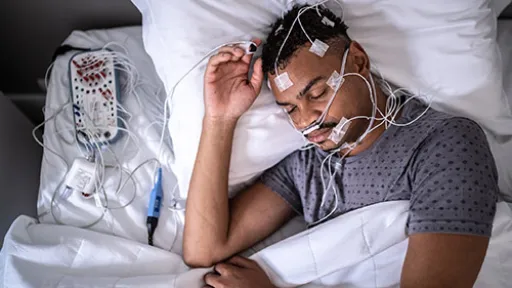
At Concorde Career College, we offer a Polysomnographic technology program. You can earn your diploma and be prepared to enter the field in as few as eight months! As a Polysomnographic Technologist, your diagnostic and treatment work in sleep disorders can improve the quality of life for many in your community.
To find out more about the hands-on, clinical learning experiences that are directly applicable to a work setting of our polysomnographic tech program, contact Concorde's Admissions office today!
Take The Next Step Towards a Brighter Future
Interested in learning more about our Polysomnographic Technology program?
We have a Concorde representative ready to talk about what matters most to you. Get answers about start dates, curriculum, financial aid, scholarships and more!

